Everyone wants the kind of backyard garden that makes their whole block green with envy. Even if you’re not an experienced gardener there are a myriad of tips and tricks to help you create a lush paradise in your own backyard. Planting a flower garden not only brings life to your backyard, it’s a great way to take a break and embrace Zen while working from home. And with the professionals here to guide you, you can’t possibly go wrong in upgrading your yard and gardening skills with these helpful nuggets of wisdom.
The Time of the Season
The most important factor to consider when starting your own garden is the time of year when you will begin planting as well as how yearly climate trends affect your region. While you may have your eye on a particular type of flower, it may not be able to bloom during certain seasons. Starting a garden in the summer months means investing in plants that will thrive in warm temperatures, such as sunflowers, eucalyptus, juniper, marigolds, and dahlias. No matter which season you decide to plant in, there’s a bevy of seeds that will fit the climate and environment they’re placed in.
Note: If you happen to live in a region with a rainy season that brings heavy storms, be sure to have a custom tarp available to keep your flower beds protected from strong rain and winds.
Fail Proof Flowers

Many of us dream of having gardens filled with a kaleidoscope of flowers of all kinds, from azaleas to zinnias. But the fact of the matter is that some flowers simply aren’t as strong as others, and their delicate nature requires an extra level of care and upkeep that not all gardeners are willing to put in. If you are looking to have a laid back, low maintenance gardening experience, stick with flowers that are renowned for their hardy construction and ease of care. Some reliable favorites include:
- Marigolds
- Snapdragons
- Daylilies
- Geraniums
- Pansies
Choosing easy to care for flowers means that even kids can get in on the gardening action! You and your family will be able to relax on your outdoor couch, complete with cushion and pillow covers, knowing that your flowers are thriving.
Soil Solutions

Your plants are only as healthy as the soil they grow in. Therefore, it is crucial to maintain the integrity of the soil in your garden throughout the year. Healthy soil retains moisture and is easy to dig into. But how exactly do you cultivate healthy soil? Your soil needs vitamins and nutrients just as much as humans do in order to maintain fertility and grow strong plants. You can make sure your soil is getting all the nutrients it needs by using organic, composted fertilizer, as opposed to chemical laden and possibly toxic conventional fertilizer. Nitrogen rich ingredients such as blood meal, mushroom compost, and alfalfa meal can all be added to your fertilizer of choice to give it an extra boost of nutrition. Your plants will be happy to grow in such good conditions, and you will be thrilled by the results once they bloom.
Water With Care
It is common knowledge that plants need a steady supply of water in order to grow and bloom. However, it’s possible that there can be too much of a good thing if you are not careful. Overwatering your plants is a common mistake that many first time gardeners can fall prey to. Take the time to do some research on how often each of your types of plant need to be watered and how thoroughly. For example, plants such as succulents, oleanders, sage, and poppies do not require frequent watering, whereas dahlias, perennials, and ferns thrive with ample amounts of water. A no fuss way to keep your water sensitive plants dry in heavy rains is to cover them with an insulated cover when rain storms make an appearance. No matter which type of plants you end up choosing for your backyard garden, be sure to supply them with the appropriate amount of water they need in order to flourish.
Native Knowledge
Much like the consideration of the climate of your region, the native plant life of your area should be a factor when growing a healthy backyard garden. Invasive species are unfortunately all too common in backyards across the country, and their growth and spread ends up harming local ecosystems. The following plants are notorious for their fast growing nature and ability to spread quickly:
- Kudzu
- Reed Canary Grass
- Bamboo
- White Mulberry
- English Ivy
While many of these invasive species are sold at garden stores and found in many a backyard, any responsible gardener will avoid planting them and aiding in their spread. Instead, opt for plants that are native to your yard’s ecosystem. Keeping things local will not only keep your backyard flourishing, it will help curb the ever present spread of invasive plant life.
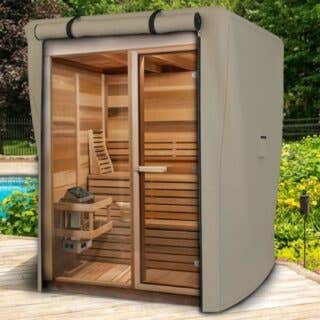





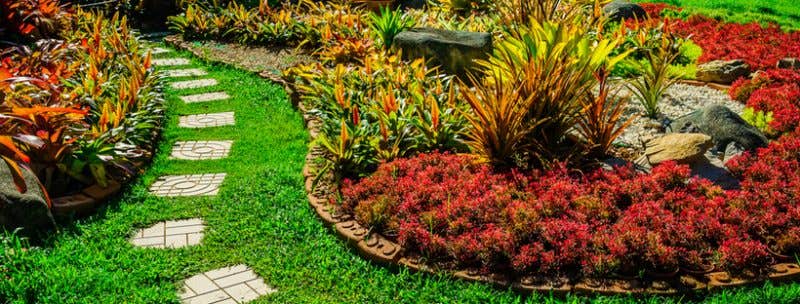
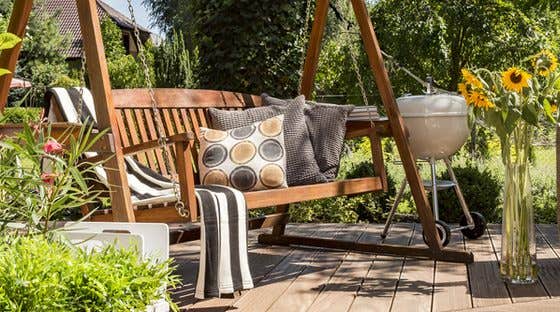
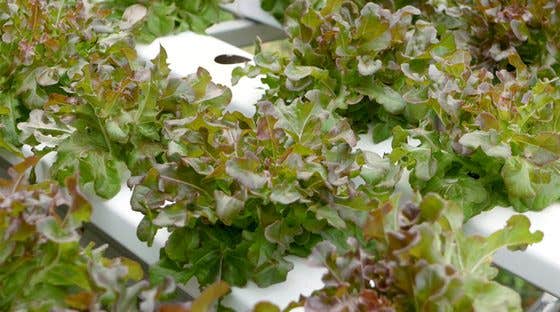
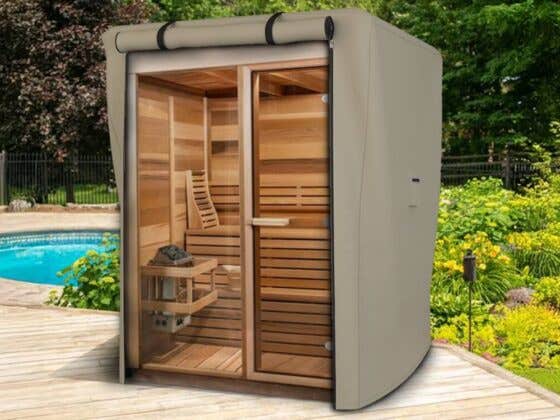

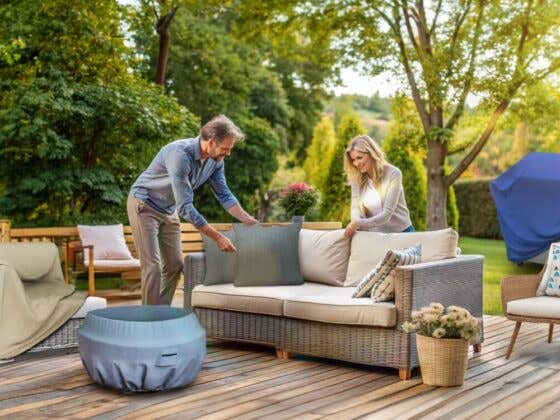




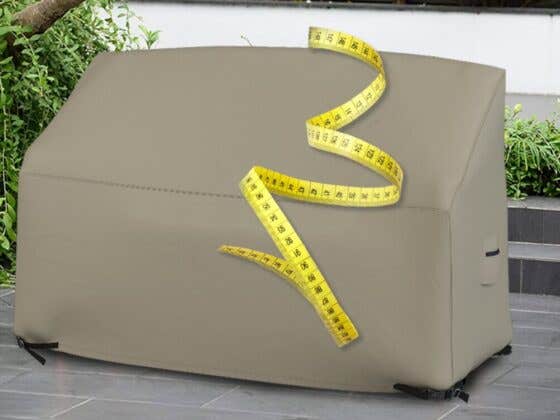
Recent Comments